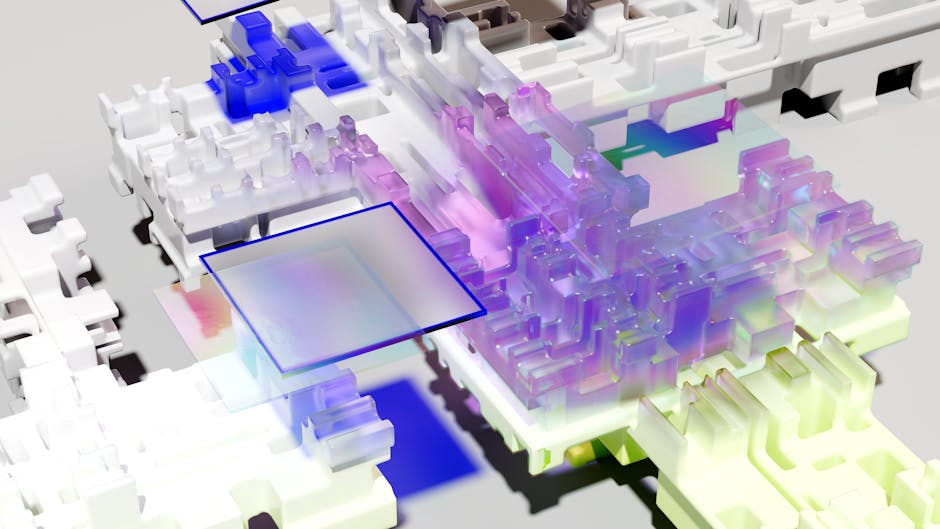Transparency in nonprofit operations is no longer a luxury. It’s an obligation. With growing scrutiny from donors, regulators, and stakeholders, nonprofits must handle documentation, financial records, and project data with a level of openness that matches the expectations of public trust. Virtual Data Rooms (VDRs) — originally designed for financial due diligence in mergers and acquisitions — are now emerging as a compelling solution for nonprofits aiming to strengthen their governance and transparency frameworks.
While the use of VDRs in commercial sectors is well established, their application in the nonprofit world remains underexplored. This is starting to change, particularly in tech-forward regions like Israel, where a growing number of nonprofits and social enterprises are adopting data room solutions to improve internal accountability and external reporting.
What Is a Virtual Data Room and Why Does It Matter?
A Virtual Data Room is a secure online repository used to store and share sensitive documents. Access is managed through granular permissions, activity tracking, and encryption protocols. Unlike public cloud storage or simple document-sharing platforms, VDRs are built for high-stakes confidentiality and document integrity.
For nonprofits, this matters on several fronts:
Grant Audits and Donor Relations
Grantmakers increasingly require thorough documentation of how funds are used. A VDR provides a structured environment for sharing real-time reports, budgets, and legal documents with donors, while keeping sensitive information protected.
Board Oversight
Board members can review strategic plans, meeting minutes, and financial reports securely, with full transparency into who has accessed what.
Cross-Border Compliance
For organizations operating in multiple countries, a VDR streamlines the exchange of regulatory filings, employment contracts, and local tax forms.
Key Benefits for Nonprofits
Implementing a Virtual Data Room isn’t just about security — it’s about operational clarity. Here’s what nonprofits can expect:
1. Enhanced Stakeholder Confidence
When contributors see their donations managed through a secure, trackable system, their trust increases. Donors gain peace of mind knowing that funds are not only reaching the right projects but also that every transaction is documented and verifiable.
2. Better Internal Collaboration
Nonprofits often work across departments, partner organizations, and geographies. VDRs such as Firmex, Ideals, or Datasite allow for seamless, permission-based collaboration. Teams can upload field reports, update program data, and prepare grant proposals within a central environment.
3. Streamlined Due Diligence
For nonprofits seeking funding from large foundations, the due diligence process can be intensive. VDRs enable organizations to present well-organized, timestamped documents, making grant assessments more efficient and professional.
4. Regulatory Readiness
In jurisdictions like Israel, where tax authorities and corporate registrars require frequent reporting and documentation, a VDR helps maintain readiness for inspections. It reduces the risk of noncompliance and facilitates easier interaction with oversight bodies.
The Israeli Nonprofit Landscape: A Strong Fit for VDRs
Israel’s nonprofit sector is highly developed, with over 40,000 registered amutot (nonprofit organizations). Many operate internationally, manage complex donor networks, or run programs in politically sensitive regions. The stakes are high, and transparency can make or break institutional credibility.
In recent years, local tech vendors and global providers have begun offering tailored VDR solutions דאטה רום for Israeli NGOs. The market demand is being driven by several trends:
Foreign Funding Regulations
Israeli law mandates detailed disclosures for nonprofits receiving international funds, including donor identities and transfer amounts. A VDR simplifies the secure collection and sharing of this information with government offices.
Digital Transformation Push
Both government and philanthropic initiatives in Israel are encouraging nonprofits to modernize their tech infrastructure. VDRs are part of this shift, offering a more robust alternative to email chains and basic cloud drives.
Cross-Sector Collaboration
Many Israeli nonprofits work alongside startups, universities, and government agencies. VDRs facilitate data sharing while preserving confidentiality, essential when dealing with joint ventures, impact investments, or research initiatives.
Providers like Drooms and Intralinks have already reported growing interest from Israeli-based nonprofits, particularly those managing large endowments or serving diaspora-linked projects. Locally, some organizations are opting for customized VDRs integrated with Hebrew-language interfaces and Israeli compliance modules.
Practical Applications for Nonprofits
Virtual Data Rooms aren’t just for large institutions. Small and mid-sized nonprofits can benefit just as much by using VDRs in targeted ways:
Board Governance
- Upload and manage bylaws, strategic plans, and meeting notes
- Give board members role-based access for specific documents
Donor Management
- Maintain an archive of communications, pledges, and receipts
- Share quarterly impact reports with funders in a controlled format
Program Management
- Store evaluations, logic models, and fieldwork data
- Collaborate on project documents with remote staff or partners
Legal and HR
- Centralize contracts, policies, and HR records in a secure environment
- Maintain audit trails for employee documents and organizational licenses
Choosing a VDR: What Nonprofits Should Look For
Not every VDR is created with nonprofits in mind. When choosing a provider, these features should be considered:
- Multi-language Support: For nonprofits working in multiple regions, including Israel, the ability to offer interfaces and documentation in Hebrew, Arabic, and English is crucial.
- Cost Structure: Some providers offer pricing models that fit nonprofit budgets, with discounts or flat-rate subscriptions instead of per-page charges.
- User Access Controls: Detailed permissions are vital. Staff should only access what’s relevant to their role, and donors should be able to view reports without seeing sensitive backend data.
- Data Residency Options: Hosting data within Israeli or EU servers may be important for privacy compliance, especially under GDPR or local Israeli data laws.
- Customer Support: Nonprofits often lack in-house IT teams. A VDR with responsive customer service can reduce downtime and help train staff on best practices.
Conclusions
The pressure for transparency in the nonprofit sector is rising — and for good reason. Public trust is hard-earned and easily lost. Virtual Data Rooms offer a concrete, scalable way to increase visibility into how nonprofits operate and how resources are used.
For Israeli nonprofits, the opportunity is especially compelling. With a tech-savvy workforce, high compliance demands, and growing global engagement, the sector is poised to lead in adopting secure, professional information-sharing tools. VDRs may have been born in the world of investment banking, but their future could very well be in philanthropy.


